KLM Royal Dutch Airlines is now adding a 0.5% proportion of sustainable aviation fuel to all flights it operates from its home base at Amsterdam’s Schiphol Airport, one of Europe’s biggest aviation hubs. To fund the new SAF programme, a surcharge of between one and 12 euros, depending on class and distance travelled, will be added automatically to every fare on KLM flights from Schiphol, reports Tony Harrington. At the same time, French partner Air France and low-cost subsidiary Transavia will also implement the surcharge on flights departing from France and the Netherlands. France has introduced a mandate that took effect on January 1 requiring all airlines refuelling in the country to use at least 1% of SAF in their fuel mix, a proportion set to increase to 2% in 2025 and 5% in 2030. There is currently no such requirement in the Netherlands, although the EU is likely to introduce a blending mandate in 2025.
KLM said its SAF initiative was voluntary and aligned with its pledge last year to incorporate 10% SAF on all of its flights by 2030, as part of a collective commitment by 60 members of the global Clean Skies for Tomorrow Coalition.
The airline will also offer passengers the option to purchase additional sustainable fuel, the proceeds of which will support further investment in SAF produced from used cooking oil, forestry residues and sustainable synthetic sources. Air France is from today also to start offering its passengers the opportunity to make a further contribution towards the purchase of SAF, pledging that every euro donated would be invested in SAF. Air France said SAF was between four and eight times more expensive than conventional jet fuel, although it was confident the cost would fall as European SAF production began.
“The face of travel is set to change in the future, and SAF will play an essential role in this regard,” said KLM. “The CO2 emissions from SAF that KLM currently purchases are at least 75% lower than those of fossil kerosene. That is why, in the short term, SAF is the most important means of drastically reducing CO2 emissions, thus contributing to making aviation more sustainable.”
KLM has long been a proponent and pioneer of low emission fuels. In 2011, it operated the first commercial flight using blended biofuel, and last year became the first to use synthetic kerosene to part-power a commercial flight, operated by one of its Boeing 737s from Amsterdam to Madrid. In addition to large SAF purchase commitments and as a founding shareholder in Netherlands-based global SAF provider SkyNRG, the airline also participates in a range of SAF partnerships and has developed sustainable fuel purchasing options for corporate and cargo customers.
The airline said it had signed agreements with multiple partners and SAF suppliers. However, it added: “The costs for the sustainable fuel variant are at least four times higher and production is lagging behind. By increasing demand, KLM hopes to further develop the market for SAF so that supply is scaled up and sustainable fuel ultimately becomes cheaper.
“We realise that the 0.5% standard admixture on passenger tickets is a very small step, but an important one in the right direction and we hope other airlines will follow soon. We will have to work with all parties around us and come up with rock-solid solutions and innovations to further open up the market for SAF.”
A market outlook paper produced last year by SkyNRG highlighted the shortage of SAF production capability, estimating that by 2050, 300 new plants, each producing about 100,000 tonnes of sustainable fuel per year, would be needed just to fulfil European blending mandates. The company said only 15 new plants were proposed in Europe for operation by 2027, which meant more than 10 new facilities were needed each year between 2027 and 2050.
The Air Transport Action Group went even further in its Waypoint 2050 report, which estimated that globally, airlines would need 330-445 million tonnes of SAF, or up to 511 billion litres, if they were to achieve their 2050 net emissions targets and said such a steep ambition would require the construction of between 5,000 and 7,000 new refineries.
KLM said it had already built a “relatively substantial” 0.18% share of the global SAF market but noted this was still less than 1% of its total fuel consumption. It said the 0.5% SAF blend on flights from Amsterdam would be in addition to the volumes funded by partners in the KLM Corporate SAF Programme and the Air France-KLM-Martinair Cargo SAF Programme. As well, the ability for passengers to purchase additional volumes of SAF would be added through KLM’s CO2ZERO programme, through which it is already possible to contribute to a verified reforestation project.
In addition to its SAF initiatives, KLM has invested heavily in new, lower-emission aircraft, having recently introduced the first of a new fleet of Embraer E195-E2 regional jets, while KLM Group has just committed to an order for 100 Airbus A320 and A321 neo aircraft for use by KLM, Transavia Netherlands and Transavia France. Deliveries will commence late in 2023, replacing Boeing 737NG aircraft. KLM has also reshaped its long-haul fleet, phasing out Boeing 747s in recent years and introducing Boeing 787 Dreamliners.
Photo: KLM


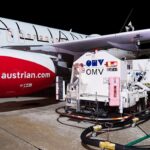
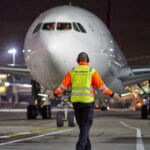
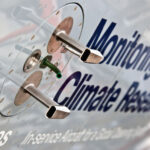

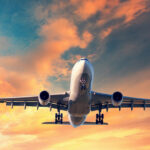
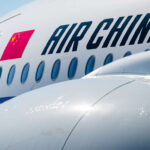
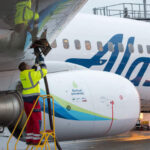
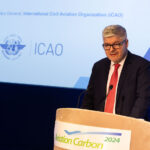
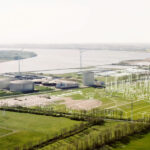
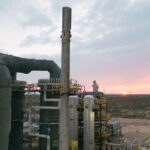
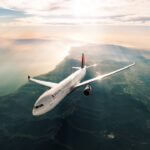
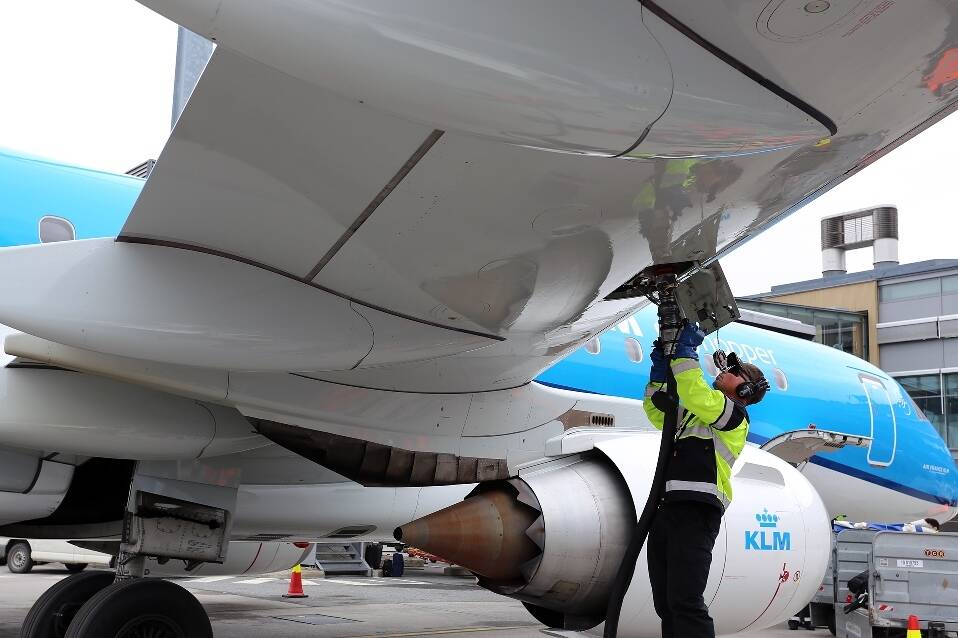

More News & Features
Progress on decarbonising the airline sector has been slow this year, says IATA chief
EASA releases status report on Europe’s SAF production and readiness to meet blending targets
New study highlights differing strategies and barriers to decarbonising aviation in UK and Europe
New partnerships formed to drive e-SAF production in Nordic markets
IAG continues to go big on e-SAF as it inks 10-year offtake agreement with Infinium
US on the pathway to achieving its 2030 SAF Grand Challenge target, says DOE report